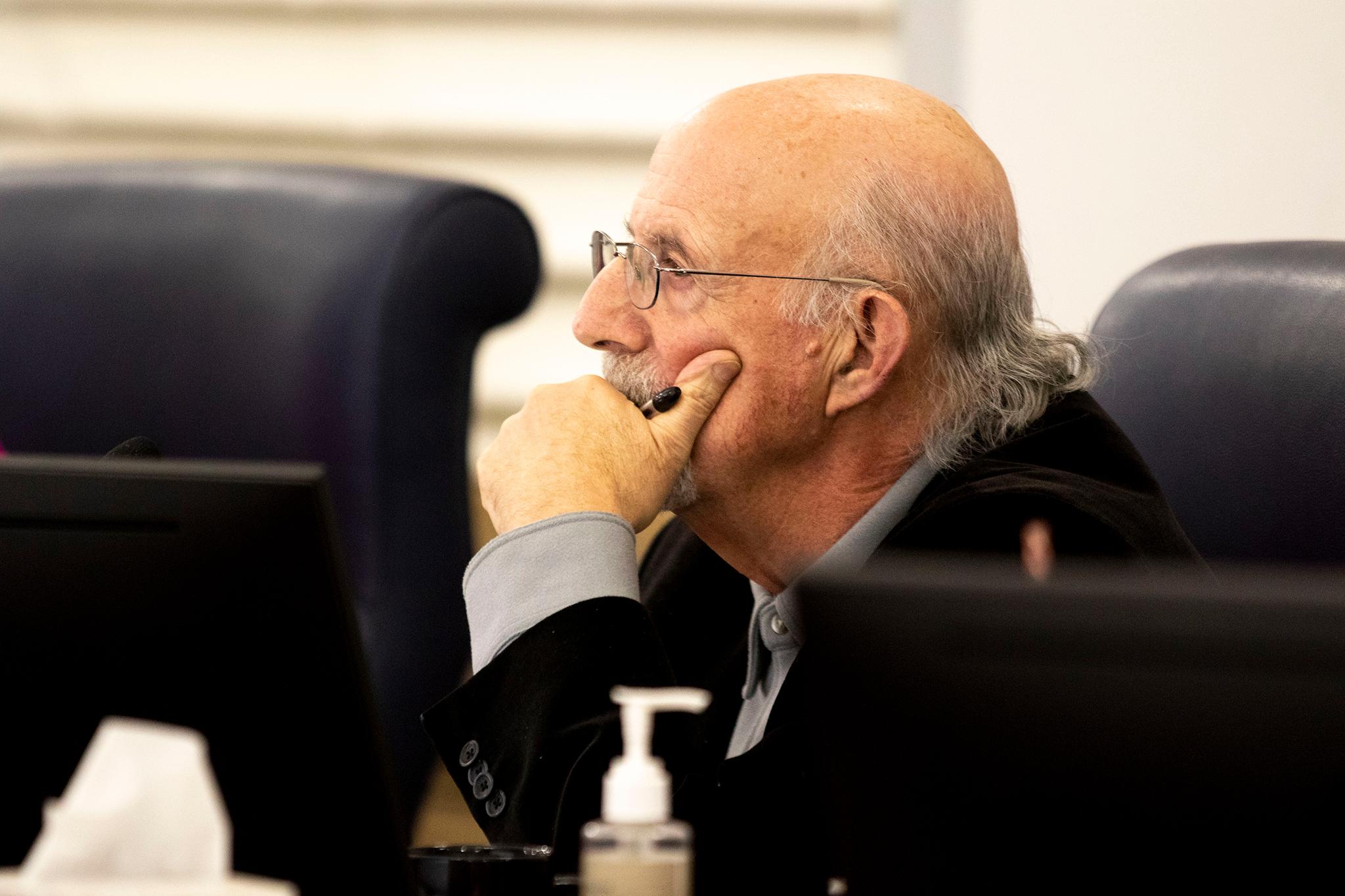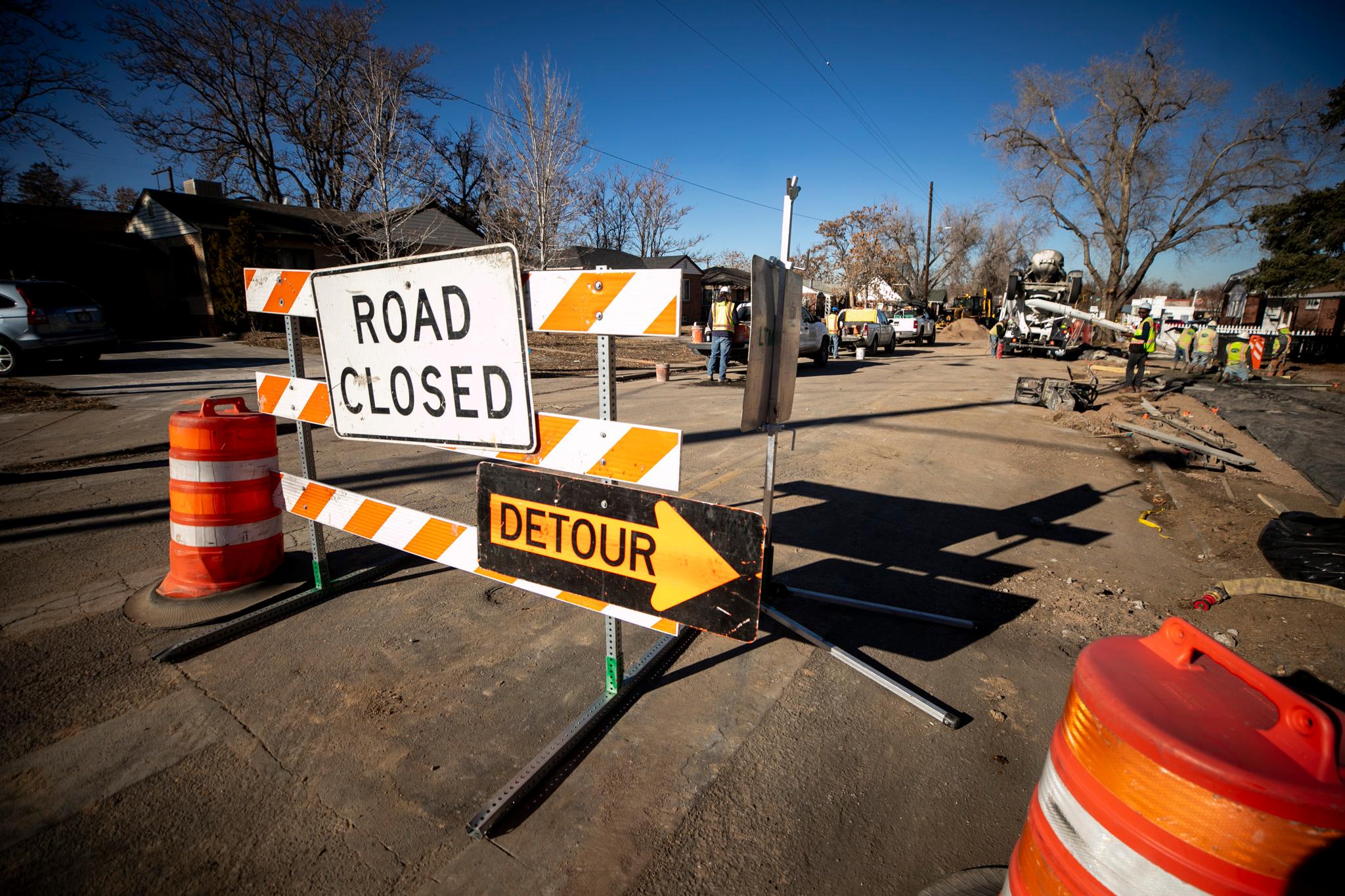Gun violence is up, suicides are all too common and government doesn't have an immediate fix.
In lieu of one, City Councilmember Paul Kashmann brought forth two proclamations on Monday night at the weekly council meeting. One declared May as Mental Health Month and another recognized June as Gun Violence Awareness Month, June 3rd as National Gun Violence Awareness Day and June 3-5 as Wear Orange Weekend, to bring attention to the issue.
Kashmann used the proclamations as a chance to nudge his fellow lawmakers to try to find solutions.
"Three in ten Coloradoans are in need of mental health or substance use disorder care," the proclamation stated.
Yet the proclamations also acknowledged some of the work Denver has done to address mental-health issues, including the Caring 4 Denver sales tax, which passed in 2019 and dedicated $11 million to various programs addressing mental health concerns.
The proclamations also described Colorado as "an emerging leader in innovation in mental health promotion and substance use harm reduction." Still, the statement pushed for more trauma-informed practices.
"Denver is working to increase access to housing, health care, substance misuse and services that contribute to the promotion of healthier minds across the lifespan for all Denver residents," the proclamation noted. "As a community, we can support one another by reducing stigma, encouraging self-care, and participating in open dialogue about mental health."
While the document itself celebrated the state's and city's achievements, Kashmann was less cheery about how mental health has been addressed -- and particularly funded -- in his community.
"I don't think it's any secret that, unfortunately, with all the things that Denver and Colorado have to be proud of, our funding for mental health services is not one of them," he said. "And we're far lower in compared to our sister states than we would like to be."

Regarding firearms, that proclamation stated that each year 41,000 Americans are killed by guns and another 85,000 are shot and wounded. The United States, which makes up 4% of the world's population, accounts for 35% of global suicides.
"In Colorado, 78 percent of firearm deaths are suicides, and nearly half of all suicide deaths in Colorado involve the use of a firearm, which is the most common method of suicide death in the state," noted the proclamation. "In 2021 in Colorado, 850 persons died from gun violence, with suicides claiming 633 lives and homicide another 182, with the majority of those dying from gun violence being less than 35 years of age
In Denver, in 2021, 96 people were murdered, and of those, 85% were committed by firearms. Another 228 people were shot but not killed.
"I hate reading this proclamation every year," said Kashmann. "Those statistics are just mind-numbing. They don't get better every year. They get worse. Denver is in the midst of experiencing its own epidemic of gun violence. They're ending up in younger and younger hands. It is just breathtaking. And it's disappointing. And everybody I talk to -- it's one of the main things on their mind."
Last week, City Council passed a ban on concealed-carry permit holders from carrying concealed weapons in parks and city-owned buildings. Councilmember Amanda Sawyer described her gun buyback program she has been working on and talked about its success in getting over 360 guns off the streets in a mere 10 hours.
For Kashmann, more has to be done.
"It's something we need to wrap our hands around," he said. "I don't sit here with the answer. But I'm certainly willing and anxious to be part of the discussion."











